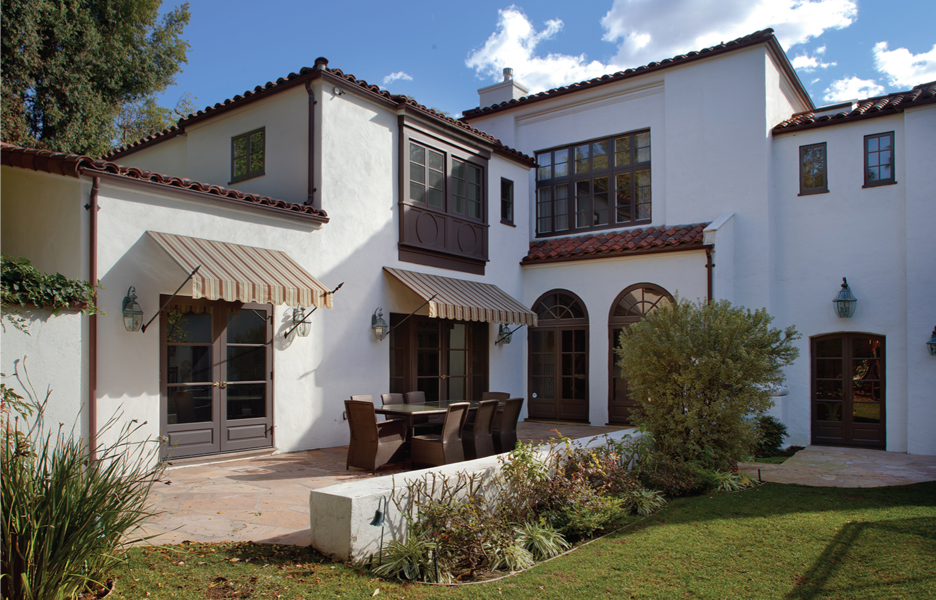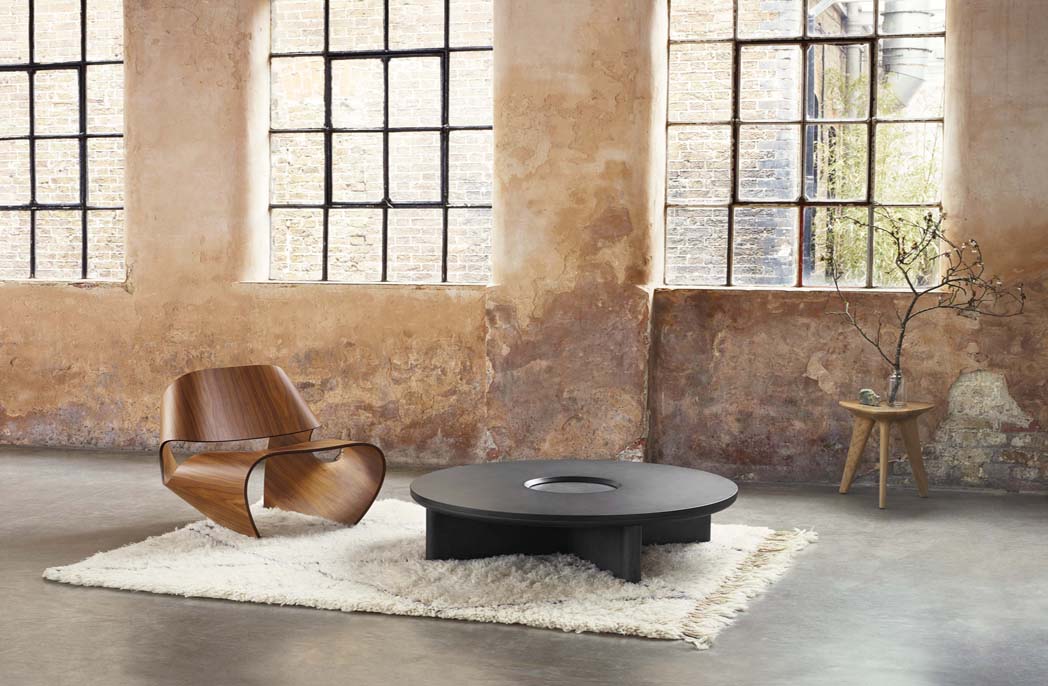
Melbourne School of Design graduates: Elliot Summers
Share
This piece marks the beginning of a series of interviews and pieces co-produced with the Melbourne School of Design. Here we speak to Elliot Summers, who graduated from MSD’s Master of Landscape Architecture course in 2012 and has since gone on to establish his own studio, Polygon, via which he has overseen the development of over 40 designs for play centres, residential and public spaces. He also teaches in his field at both Melbourne University and RMIT.
What did you study prior to the Master of Landscape Architecture, and why did you move into that course?
I studied a Bachelor of Arts with a major in drama. After 10 years of messing around, I reached a point where I decided I needed an actual career. I had no idea what landscape architecture was until I came across the Masters when researching courses beyond simple landscaping and it seemed to tick the boxes for me.
In what ways did the master of landscape architecture course prepare you for your career?
It’s difficult to say – I never worked for someone else after graduation, I went straight into my own business. I think if I had gone to work for someone else and been handed specific tasks, I’m sure I’d have been able to address them effectively, but as a sole practitioner and now a company director, I found myself having to take a different approach. I think the time management skills I learnt from working full-time and studying part-time have been vital to keep work moving forward; having to evidence design outcomes; being forced to articulate work expediently to an at-times belligerent panel and convince them of its merits, but also assessing when to just shut up, take it and move on.
Which subjects or areas of the course did you find most valuable and why?
The highly specialised areas – subjects that were process-driven and had discernible outcomes that reflected that process so you can clearly see doing task A would lead to B, and I get C out of that. I think as students it’s important that there’s a sense of focus, there’s clarity, that contact hours are used efficiently and effectively and you have a sense of critical mass within your core group. Working with students who produced a higher quality of work always drove me to do better with my own.
What did you do following graduation, and what are you doing now?
I set up a company with a fellow student. We were in a unique position where we couldn’t afford to take an entry-level position and work our way up, we had to take a punt on ourselves or go back to our old jobs. So we gave it a set amount of time, and now three years later, I have my own company with four staff, two of whom are qualified landscape architects. I really didn’t want to go back to my old job.
However, this is the most important aspect of the degree, I think: the people you meet along the way. Much of my work originally came through people I knew, when I needed specialised information, I knew who to go to, when I had great ideas I knew who to pitch them to. Post graduation we would meet frequently for drinks and general carry on, which was the best way to learn about what was going on and how fellow graduates were getting on. These networks are fundamental to a post-graduate career, and I couldn’t have got my company up without the support, ideas and experience of those I had studied with.
What advice would you give to future students to guide them in getting the best experience from the course/getting the best outcome from the course?
Ignore the grades. Focusing on grades is a waste of time, focus on the work instead. Listen to the tutors/lecturers, read broadly and proficiently, but ultimately you have to take ownership of what you’re doing. Take risks. Be brave. Admit failure. And walk away when you need to.
You Might also Like
























